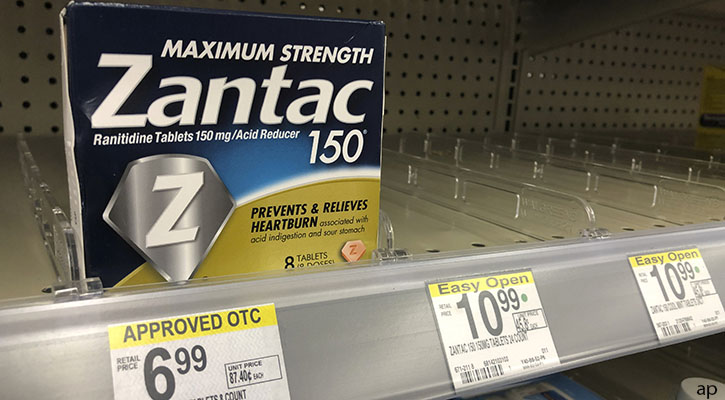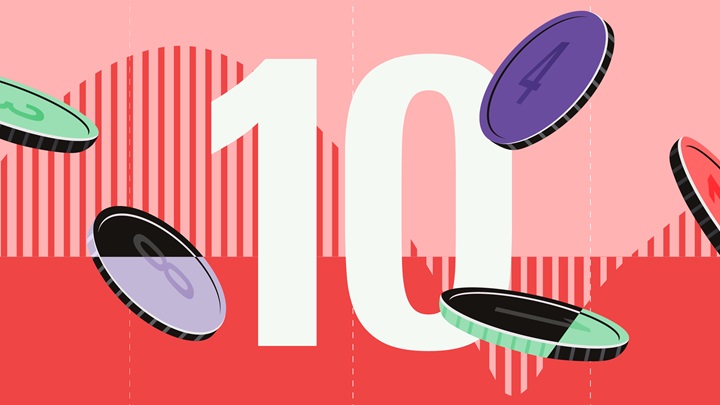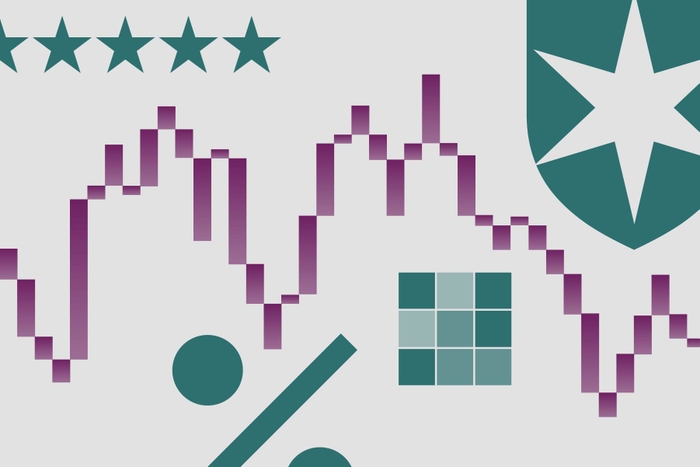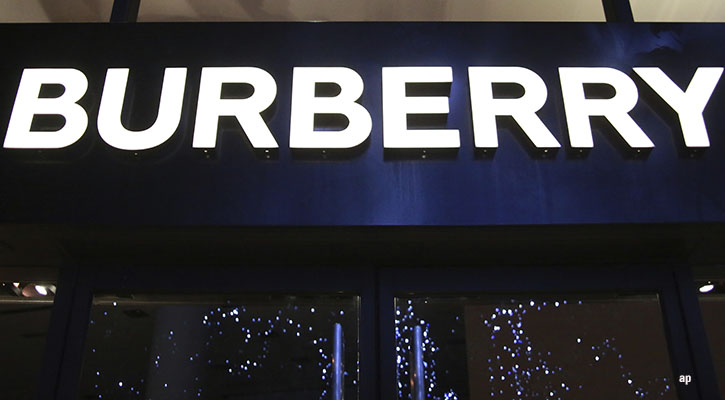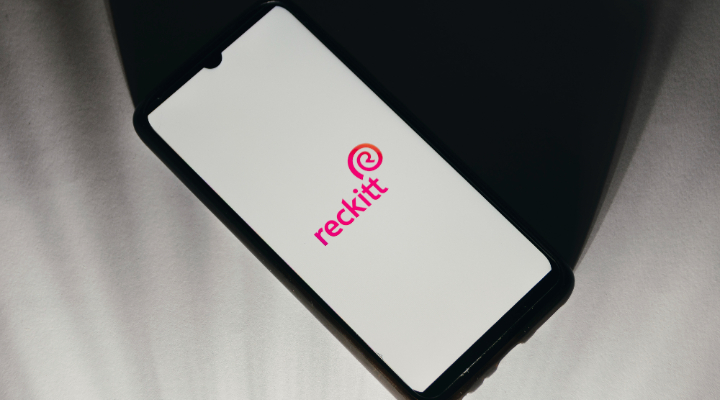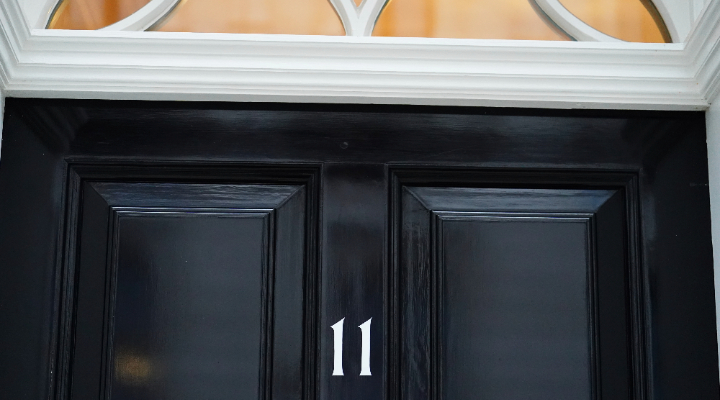(Alliance News) - Stock prices in London opened mixed on Wednesday, ahead of the UK budget announcement later, while GSK hurt the FTSE 100 after a quarter of tepid vaccine sales.
Ahead of the budget, the pound was quoted at USD1.3020 early Wednesday, rising from USD1.2991 at the London equities close on Tuesday.
Brown Brothers Harriman analysts believe the pound faces "downside risk".
"The UK government is expected to sell more gilts to fund an increase in investment spending. Median forecast is for 2024/2025 gilt issuance to increase by GBP15 billion, taking total borrowing to GBP293 billion versus GBP239 billion the previous fiscal year. This can worsen the risk premium on gilts and undermine GBP," BBH analysts said.
"The fiscal stance (as measured by the change in the cyclically adjusted primary deficit) will likely be tighter as Chancellor of the Exchequer Rachel Reeves plans major tax increases. Tighter fiscal policy can leave the Bank of England more room to ease policy and weigh on GBP. The combination of restrictive fiscal policy and looser monetary policy tends to be drag on a currency."
The budget announcement is around 1230 GMT.
The FTSE 100 index traded down 28.70 points, 0.4%, at 8,190.91. The FTSE 250 was up 11.92 points, 0.1%, at 20,634.71, and the AIM All-Share was up 0.41 of a point, 0.1%, at 716.20.
The Cboe UK 100 was down 0.3% at 820.54, the Cboe UK 250 added 0.2% at 18,194.18, and the Cboe Small Companies was down 0.3% at 16,584.17.
In European equities on Wednesday, the CAC 40 in Paris was down 0.9%, while the DAX 40 in Frankfurt fell 0.4%.
The euro stood at USD1.0842 early Wednesday, climbing from USD1.0795 at the time of the European equities close on Tuesday. Against the yen, the dollar was trading at JPY153.01, down from JPY153.56.
In London, GSK fell 3.4%, the worst large-cap performer. GSK backed its yearly guidance, after "another quarter of sales and core operating profit growth". Its specialty medicines offering impressed, but the pharmaceutical firm's vaccines arm delivered a weaker quarter.
Pretax profit in the third-quarter of 2024 slumped 96% to GBP64 million from GBP1.79 billion, its bottom line hit by a GBP1.8 billion charge in relation to a Zantac court settlement. Core pretax profit, however, advanced 1.1% to GBP2.64 billion from GBP2.62 billion. Revenue in the third-quarter of the year fell 1.7% to GBP8.01 billion from GBP8.15 billion. It rose 2% at constant currency, however.
Chief Executive Officer Emma Walmsley said: "We have delivered another quarter of sales and core operating profit growth, and further good progress in R&D. Strong growth in specialty medicines helped to offset lower vaccine sales and reflected successful new product launches in oncology and HIV, as well as the resilience we have now built into GSK's portfolio and performance. Our pipeline continues to strengthen with 11 positive phase III trials reported so far this year and we are currently planning launches for 5 major new product approval opportunities next year."
For the full-year, it still expects revenue growth between 7% to 9% and a core operating profit rise between 11% and 13%.
Standard Chartered advanced 2.7%. It said it delivered a strong performance in the third quarter. Pretax profit surged to USD1.72 billion from USD633 million a year prior.
Operating income rose 9.4% to USD4.95 billion from USD4.52 billion. Pretax profit beat consensus of USD1.49 billion. Underlying pretax profit rose 37% to USD1.81 billion, while underlying operating income climbed 11% to USD4.90 billion.
The lender upped guidance. It now predicts operating income growth of 10% this year at constant currency. It had previously predicted a rise of 7%. It also raised its shareholder distribution target for the 2024 to 2026 period.
"We are increasing both our 2026 [return on tangible equity] target from 12% to approaching 13%, and our shareholder distribution target from at least USD5 billion to at least USD8 billion from 2024 to 2026," Chief Executive Bill Winters said.
Aston Martin added 4.7%, after it said it performed in line with expectations in the third-quarter, leaving it on track for yearly guidance.
The sports car maker said revenue in the third-quarter was up 8.1% to GBP391.6 million from GBP362.1 million. Its pretax loss slimmed to GBP12.2 million from GBP117.6 million. Total wholesale volumes rose 14% to 1,641 from 1,444. Adjusted earnings before interest, tax, depreciation, and amortisation were largely flat at GBP50.7 million from GBP50.5 million a year prior.
"Having only joined Aston Martin in September, I can already clearly see growth opportunities for the company as we bring incredible products to market and deliver on our vision to be the world's most desirable, ultra-luxury British performance brand," CEO Adrian Hallmark said.
"Improved financial and operational performance in Q3 2024, demonstrates our strategy's effectiveness. We are on track to meet our revised full year 2024 guidance, which reflects the necessary action taken in September to adjust our production volumes given supplier disruption, which we are proactively managing, and the weak macroeconomic environment in China."
Aston Martin last month cut annual guidance, as it grappled with tepid demand in China and the late arrival of components from "several" of its suppliers. Aston Martin cut its wholesale volume guidance by 1,000 units "to address disruption in its supply chain and continued macroeconomic weakness in China".
An adjusted Ebitda margin in the high teens is expected for the year, its outlook cut from the "low 20s" last month. Its adjusted Ebitda margin in 2023 was 18.7%.
The profit warning last month sent its stock 25% lower.
Elsewhere in London, payment processing and foreign exchange company CAB Payments fell 5.0% on weak trading.
"Revenue performance was in line with management expectations for July and August, but marginally below those expectations by the end of September. Whilst the group continues to exhibit growth in volumes it has also experienced a dilution in overall take-rates. This has been a result of the mix of flows shifting towards lower-margin G10 currencies together with slower than usual economic trading activity in our core markets," CAB said.
International Developmental Organisation clients had reduced budgets this year, but a pick-up in volumes had been expected for the fourth-quarter due to "usual seasonality".
"There is now reason to believe that this pick-up in volumes in Q4 is unlikely to materialise owing to changing global macro-economic and political factors. The group believes this will reduce expected IDO volumes significantly in 2024 with an element of this likely to be deferred into 2025," CAB warned.
The firm added that talks with suitor StoneX are continuing. StoneX is currently undertaking due diligence.
Earlier this month, CAB said it was considering a possible bid approach from StoneX. The StoneX tilt valued CAB at just under GBP370 million, 145 pence per share.
The firm listed in July of last year and at 114.40p, the shares currently sit 66% off the 335p initial public offering price.
Eckoh shares jumped 25% on AIM. The provider of secure payment and customer contact products accepted a takeover bid from certain funds managed by Bridgepoint Advisers II.
The bid values Eckoh at GBP169.3 million on a fully diluted basis and implies an enterprise value of approximately GBP161.8 million.
The buyer will fork out 54p per share in cash. Eckoh shares traded at 52.51p on Wednesday morning.
The Nikkei 225 index in Tokyo was rose 1.0% on Wednesday. In China, the Shanghai Composite closed down 0.6%, while the Hang Seng index in Hong Kong shed 1.6%. The S&P/ASX 200 in Sydney closed ended down 0.8%.
Brent oil was quoted at USD71.45 a barrel early Wednesday, rising from USD71.11 late Tuesday afternoon. Gold was quoted at USD2,780.73 an ounce, up from USD2,765.34.
By Eric Cunha, Alliance News news editor
Comments and questions to newsroom@alliancenews.com
Copyright 2024 Alliance News Ltd. All Rights Reserved.










